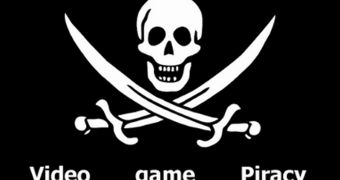Many times, copyright holders, including major videogame publishers, have said that piracy costs them a lot both in terms of jobs and revenue loss with figures in the billions being bandied around. But it seems that even the United States government, represented by the Government Accountability Office and the Intellectual Property Enforcement Coordinator at the White House, is not sure where the figures are actually coming from and if they should be trusted.
According to Ars Technica, one report indicates that the most cited articles in this sense about losses attributed to piracy are using figures that cannot be sourced back to actual government or private studies.
The report from the GAO and the White House says that “Three commonly cited estimates of U.S. industry losses due to counterfeiting have been sourced to U.S. agencies, but cannot be substantiated or traced back to an underlying data source or methodology,” adding that “First, a number of industry, media, and government publications have cited an FBI estimate that U.S. businesses lose $200-$250 billion to counterfeiting on an annual basis. This estimate was contained in a 2002 FBI press release, but FBI officials told us that it has no record of source data or methodology for generating the estimate and that it cannot be corroborated.”
The same government authorized report is stating there's a misunderstanding of the effects of piracy on copyright holders and that most reports are flawed in their assumptions.
There's an idea that each copy of a popular videogame, like Modern Warfare 2 or Splinter Cell: Conviction, represents a lost sale for publishers but that does not take into account the fact that cracking down on piracy will lead some to actually drop their gaming habits rather than actually pay for a legitimate copy. It also seems that the MPAA overestimated the number for illegal downloads made by some categories of pirates.

 14 DAY TRIAL //
14 DAY TRIAL //